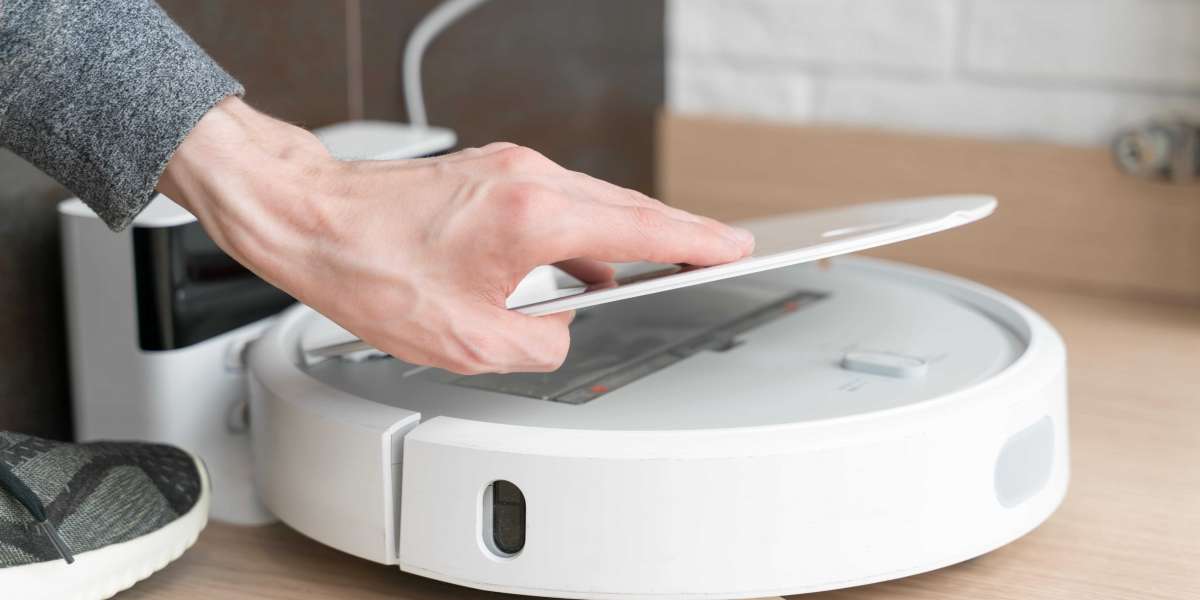Rollators for the Disabled: A Comprehensive Guide
Navigating the world is a fundamental part of life, yet for people with mobility problems, it can present significant difficulties. Rollators, a type of wheeled walker, have emerged as a vital mobility aid, approving self-reliance and improving the quality of life for lots of who deal with physical challenges. This post will dive deep into the different aspects of rollators-- their benefits, features, types, and aspects to think about when selecting one.
Comprehending Rollators
A rollator is a mobility gadget that includes a walker frame on wheels, generally equipped with hand brakes and a built-in seat. Unlike traditional walkers that need users to raise the gadget to move forward, rollators enable individuals to stroll while pressing the frame, supplying both support and convenience. Making use of rollators has acquired popularity among people with specials needs, those recuperating from surgical treatment, and the elderly.
Key Features of Rollators
| Function | Description |
|---|---|
| Wheels | Rollators typically have four wheels for stability and ease of motion. |
| Brakes | Hand brakes permit the user to slow down or stop safely. |
| Seat | A built-in seat provides a practical resting location throughout getaways. |
| Lightweight Frame | Lots of rollators are made from lightweight products, making them easier to carry. |
| Adjustable Height | The handlebars can often be adjusted to accommodate different user heights. |
Benefits of Using a Rollator
Rollators offer a range of advantages that enhance mobility and independence amongst individuals Ultralight Tri-Walker with Seat - Mobility Made Easy impairments:
- Increased Mobility: Rollators help users move more freely, permitting them to engage with their surroundings.
- Assistance and Stability: They offer exceptional assistance for standing and walking, decreasing the threat of falls.
- Convenience: Many rollators featured storage bags, allowing users to carry individual products quickly.
- Resting Option: The integrated seats provide a possibility to rest throughout longer trips, which is especially advantageous for those with restricted endurance.
- Urged Activity: Rollators motivate motion and activity, which can contribute positively to general health and well-being.
Kinds of Rollators
There are several types of rollators readily available in the market, catering to various requirements and choices:

- Standard Rollators: These usually have a lightweight frame and are appropriate for indoor and outdoor use.
- Heavy-Duty Rollators: Designed for bigger people, sturdy rollators use increased weight capability and stability.
- Three-Wheel Rollators: These models are more compact and easier to steer in tight areas, making them appropriate for indoor use.
- HEAO Foldable 3-Wheel Walker with Storage Bag Rollators: Ideal for travel, these rollators can be easily folded for transport or storage.
- Rollators with Seats: Suitable for people who may require regular rests, these designs have built-in seats and in some cases included back-rests.
Aspects to Consider When Choosing a Rollator
Selecting the right Rollator For Disabled requires mindful factor to consider of several factors:

- Weight Capacity: Ensure the rollator can support the user's weight.
- Height Adjustability: Look for adjustable handlebars to accommodate the user's height for optimum convenience and energy.
- Wheel Size: Larger wheels are much better for uneven surface, while smaller sized wheels might be more suitable for indoor use.
- Devices: Consider whether the rollator features additional functions such as baskets, cup holders, or trays.
- Relieve of Transport: If the individual will be traveling frequently, a lightweight or foldable design might be necessary.
Often Asked Questions (FAQs)
1. How do I understand if a rollator is best for me?Consulting with a health care expert can provide guidance based upon specific needs and mobility limitations. 2. What is the average expense of a rollator?Rollator prices
differ widely, varying from ₤ 100 to over ₤ 400,
depending on the brand name and features. 3. Are rollators covered by insurance?Many insurance coverage policies, consisting of Medicare, might cover
rollators as part of durable Medical Rollator devices. It's suggested to consult the insurance coverage supplier ahead of purchase. 4. Can I use a Rollator For Seniors outdoors?Yes, many rollators are created for outdoor use, but it's essential to select one with suitable wheel sizes and surface handling capabilities. 5. a rollator, users can make informed decisions tailored to their needs. Whether checking out the terrific outdoors or running errands, a well-chosen rollator can considerably improve one's quality of life, changing everyday activities into enjoyable experiences. For individuals looking for to regain their liberty and gain self-confidence in their mobility, the ideal rollator can be a life-changing property.
How do I keep my rollator?Regular checking of wheels, brakes, and frames for dirt or damage is essential. Wipe down surfaces with moderate cleaners and oil moving parts when required. Rollators act as important tools for people with impairments, improving mobility and motivating independence. By comprehending the different types, features, and considerations associated with picking







